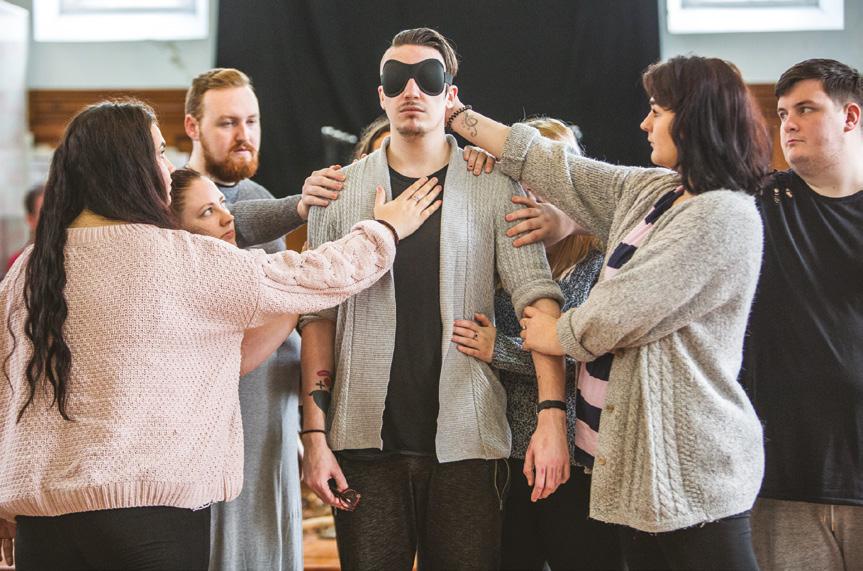Inspiration from ACE Interrupters in Great Britain
Kath Bevan – educational visionary Assistant director, professional learning, Education Achievement Service, Wales National wellbeing has become a hot topic in Wales over recent years. With the upcoming launch of a new curriculum in 2022, the education sector has a particular role to play in overhauling the culture of its schools. One of the curriculum’s key planks is health and wellbeing – a strategy to enable children to become capable learners and ultimately lead fulfilling lives.33 Kath Bevan, assistant director for an educational consortium of schools in south-east Wales, finds herself at the forefront of this wellbeing reform. With her brief to cover equity, excellence and wellbeing, she develops strategies to support vulnerable learners in her schools, as well as able and talented children. “It’s making sure that the quality of teaching meets all the needs of the learners,” she says. “And that schools have the systems in place to support some of the most vulnerable learners who turn up to school when they’re facing unbelievable challenges but can’t quite cope with sitting in that classroom.” Kath’s employer is the Education Achievement Service (EAS), a consortium of 234 primary and secondary schools, special schools and pupil referral units from five local authorities. The schools have come together voluntarily to raise educational standards across the region. The EAS also works in partnership with the ACE Support Hub to train its schools in an awareness of adverse childhood experiences (ACEs) and the impact they have on learning and mental health. Vulnerable learners – many of whom have experienced ACEs – include grant-funded children entitled to free school meals and those in the looked-after system. Kath believes that an awareness of ACEs is important because it reminds educators to consider why a child might be behaving in a certain manner. “Let’s just stop and think,” she says, “what have they been through and what we can do to get them back into a classroom, accessing quality learning, feeling good about themselves and leaving school with appropriate qualifications and experiences.” Before joining the EAS, Kath worked as a head teacher for 10 years in a large multi-faith primary school in Newport. Within the school, 30 different languages were spoken, while a quarter of the school population were new arrivals to the country. “It was a very complex school but a delight to work in,” she says. Initially, she was seconded to the EAS for five terms, before becoming a full-time employee in September 2019. She was lured over by the opportunity to work within all sectors of education on the wellbeing agenda. “I strongly believe at the heart of every decision in the education sector, the pupil’s wellbeing has got to be addressed.” Kath’s experience of being a head at a diverse primary school stood her in good stead. She was able to support her new EAS colleagues in ensuring their schools were also fully inclusive. Although she misses the daily contact with children and families, she enjoys developing policy for the consortium. “You have a different feeling of the impact you are making in this role than as a head teacher,” she says. As part of her work, she has designed a wellbeing walk, a review tool that enables schools to evaluate their wellbeing agenda and determine what further steps need to be taken. A key area within Kath’s strategy is building an awareness of ACEs across her patch. 30





